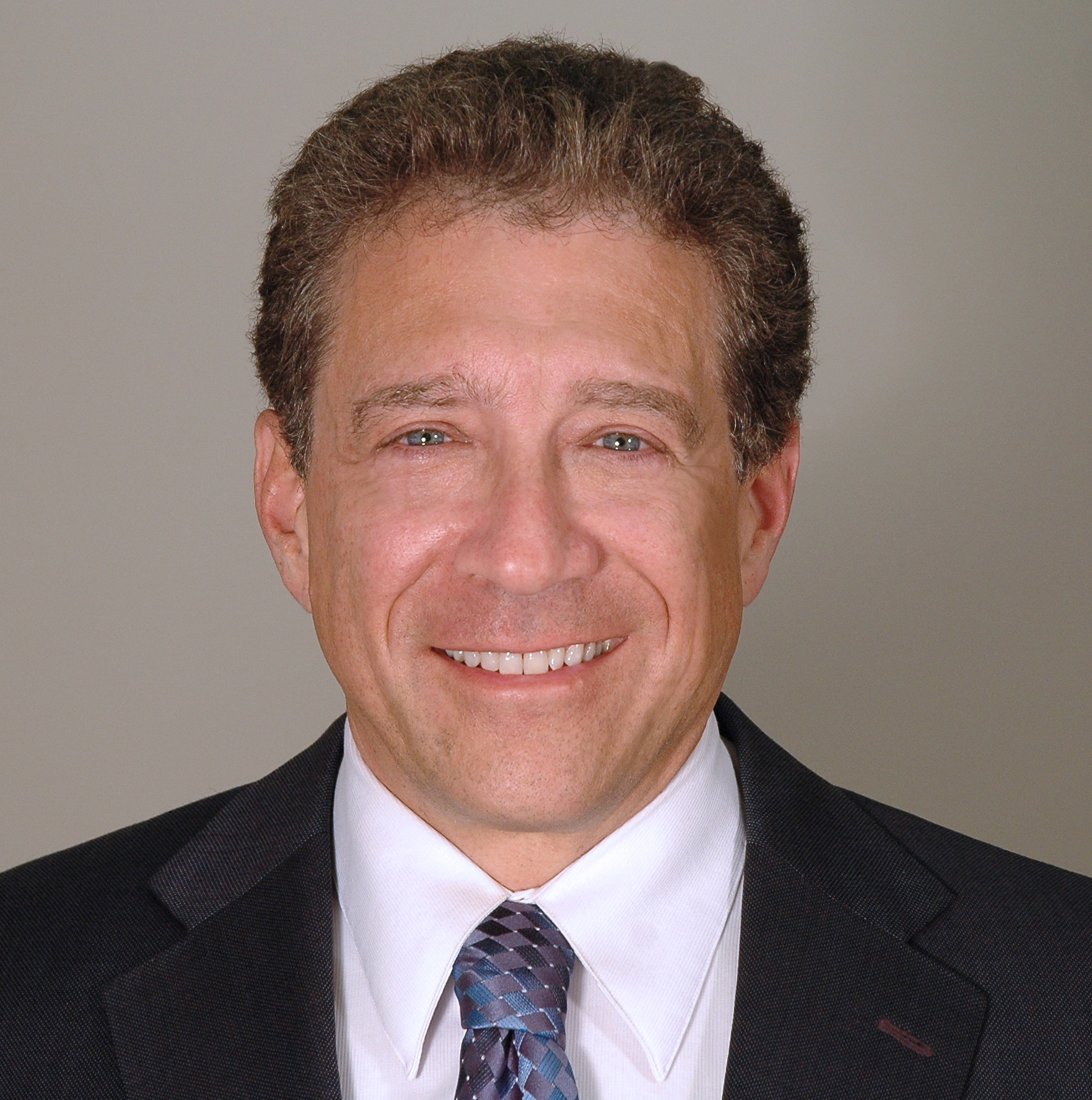The Doctor is In
 This week The Practitioner brings you an interview with an MD, MBA turned Family Business Advisor – and his insights into how some core elements in a medical education can provide models for advisors and consultants as they think about their work with families in business.
This week The Practitioner brings you an interview with an MD, MBA turned Family Business Advisor – and his insights into how some core elements in a medical education can provide models for advisors and consultants as they think about their work with families in business.
In addition to holding an MD and an MBA, Mark Heitner also manages two software companies. By combining his background in psychiatry with his business degree plus his practical experience as a successful business owner, Mark is able to provide provides valuable insights for family enterprise practitioners.
The Practitioner: You’re in the unique position of having both MD and MBA next to your name. How did that double degree come about?
Mark Heitner: Everyone in my family either has an MD or an MBA, so it was only natural for me to wind up with both. On the business front (MBA from the University of New Mexico), I launched a series of software companies in the San Francisco Bay area, which I continue to operate. Then I decided to go to Cornell for med school, where I studied internal medicine, but end up in psychiatry.
The Practitioner: How is this career trajectory useful as you give advice to family business owners?
Mark Heitner: Psychiatry training involves three years of a hands-on, closely supervised curriculum in family dynamics and family psychotherapy. Psychiatrists run family meetings, also known as “family psychotherapy”, from the first week of training. Some, like myself, even specialize in this, and this training is extraordinarily helpful in dealing with the dynamics of a family held business. Psychiatrists practically invented the term “dysfunctional family,” and in dealing with the problems of a family business, psychiatrists can take problematic family dynamics in stride.
The value of an MBA lies in being able to speak the language of the business but may also include having hands-on operational experience, such as running hospitals, research facilities, charitable foundations or his or her own family business. Physician-MBAs may have fought with competitors, managed managers, filed lawsuits, and reported to a board of directors.
The Practitioner: Can you speak a little bit about the physician/family enterprise advisor connection?
Mark Heitner: Sure. The skill sets used by physicians transfer directly into family business consulting.
- Problem-focused rapid assessment of an urgent matter is a cornerstone of medical training. It involves establishing a rapport with the patient or client and acquiring vital information from multiple sources. Just as cardiologists may work with surgeons and anesthesiologists, physician-consultants work with the client’s financial advisors to attain a well-rounded knowledge base.
- Also, physicians are accustomed to making recommendations under trying circumstances—often without nearly as much information as they’d like. Physicians must negotiate several plausible diagnoses and several possible courses of intervention. Is advising family businesses any different? It really isn’t.
- Finally, the unspoken worry of most family businesses is the threat of illness or death of the wealth creator or the heir—issues physicians address routinely, so physician consultants are equipped to tackle these issues in a family business setting head-on. The ability to routinely inquire about cancer, alcoholism, depression, heart disease, and so forth, means the physician is uniquely qualified to engage family members and boards of directors in the discussion of succession planning with ill or troubled heirs.
- And then there is the matter of caring. By and large, physicians are thought of as caring people, and family businesses benefit from a compassionate and non-judgmental approach.
The Practitioner: What advice would you give to other advisors serving family business clients?
Mark Heitner: The biggest advice I would offer is to make sure advisors encourage family businesses to bring outside board members onto their boards—for several reasons. Primarily, it brings in expertise families may not have in house. And let’s forget about the “family” part of it for a minute. In any business, it’s helpful to have outside board members because they tend to be more active and more constructive. But for family businesses in particular, the interplay at home tends to affect the interplay at work and complicate things. An outside board member stands a better chance at constructing change.
Of course, a lot of times, families are guarded about their boardroom activities, but that doesn’t mean it’s intrusive for advisors—especially estate planners, to address this issue as part of their routine discussion. It’s acceptable to ask clients about the construction of their boards, and inquire about the lack of non-family members. You’re not asking them to divulge trade secrets. It’s common sense to ask.
The Practitioner: Why is it important for different advisors to communicate with one another about their mutual clients?
Mark Heitner: It stuns me that this doesn’t happen more often. An investment advisor may know nothing about a family business’s social dynamic, while a trust and estate lawyer may know how many kids there are, but nothing about the asset allocation of a family’s investments. And when a wealth creator dies and passes his/her wealth onto the spouse, 50% of the time that spouse changes at least one of the advisors, because the old advisor didn’t cultivate a strong enough relationship with the family and the family’s other advisors. But if family business advisors had regular discussions with the family’s investment advisors, the results would be stunning. I see this cross-pollination as an untapped opportunity to inform, educate and collaborate.
Stay tuned next week as Karen Vinton summarizes and gives the practitioner’s perspective on some of the latest research in our “Rising Star Journal”, Family Business Review.
Yours in Practice,
The Practitioner
 Mark Heitner, MD, MBA, provides succession planning, conflict resolution and heir preparation solutions to families of wealth. He is ranked one of the top ten psychiatrists in California and a graduate of Cornell University Medical School. Mark completed his psychiatry training at The New York Hospital and studied under Otto Kernberg, MD, Freud’s successor. He taught family dynamics and the doctor/patient relationship while on the faculty of the University of New Mexico School of Medicine and Cornell University. Mark can be reached at dr.heitner@gmail.com.
Mark Heitner, MD, MBA, provides succession planning, conflict resolution and heir preparation solutions to families of wealth. He is ranked one of the top ten psychiatrists in California and a graduate of Cornell University Medical School. Mark completed his psychiatry training at The New York Hospital and studied under Otto Kernberg, MD, Freud’s successor. He taught family dynamics and the doctor/patient relationship while on the faculty of the University of New Mexico School of Medicine and Cornell University. Mark can be reached at dr.heitner@gmail.com.
Be sure to look for The Practitioner: Wednesday Edition each week in your inbox and online.Add your voice the discussion by using the comment space, share with others via our social sharing buttons, subscribe to the blog, or become a guest blogger or contributor.




